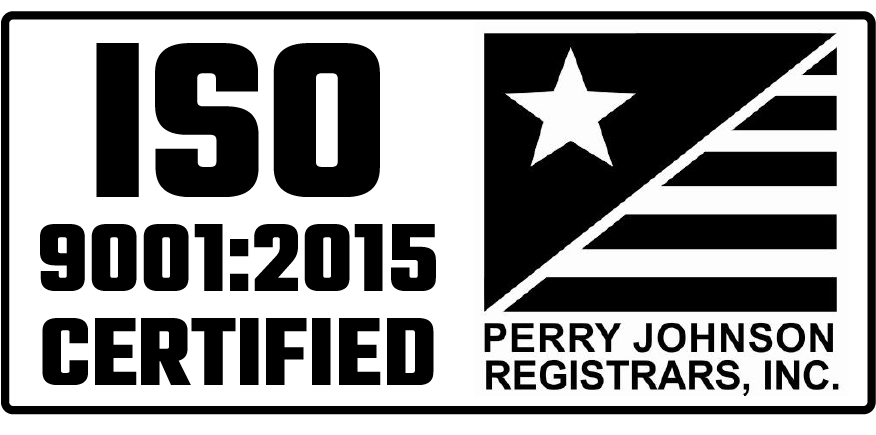When working with a supplier, it’s important to know they’re looking out for your best interests as much as their own. Do you feel as though your relationships with your suppliers focus solely on order fulfillment and financial transactions, or do you consider it a true business partnership?
Organizations sometimes ignore signs that a supplier isn’t adding value to their OEM operations, or perhaps they’ve never really experienced what a true partnership can be like to know the difference. Look for the following five signs to determine if it’s time to look elsewhere.
1. Broken Promises
Look back on your initial conversations with your supplier; are the claims they made too good to be true? Perhaps they raved about their expertise and experience working with similar manufacturers, or committed to deliver a finished product within your deadline, only to fall short. Some organizations believe this is just part of doing business and put up with an assortment of delay tactics and inconsistent quality. If you’ve experienced these and other trust issues with your supplier and have addressed them with little improvement, it’s unlikely that things will get better the next time you place an order with them.
2. They Won the Bid…Then Raised the Price
The price of supply chain goods clearly needs to stay in check, but when a supplier lowballs a quote, it should send up a red flag. When your supplier’s “unforeseen” production issues or unanticipated add-on costs regularly result in higher costs to your company, it’s in your best interest to find out if the charges are legitimate.
If the first order came through within reasonable cost tolerances, but subsequent orders continue to rise in price, it’s time to question the long-term relationship. While raw material and labor cost adjustments can and should be expected over time, sudden and frequent price hikes are cause for alarm.
3. Other Customers Are a Priority
Maybe you’ve had a relationship with your supplier for many years and they’ve grown considerably during that time. With that growth came larger and more profitable accounts. While that’s good news for your supplier, it could mean they’ve become less responsive to the “little guy.” If your financial clout isn’t quite what it used to be, you may find that your inquiries and needs don’t quite align with their priorities any more.
Or, perhaps your original contact person moved to another company and communication with the new person is nonexistent or a constant struggle. If you’re not seeing an improved relationship and results despite repeated efforts to make your voice heard, it’s a tell-tale sign that your company doesn’t rank highly on their priority list.
4. Surprise, Surprise!
In the same way your manufacturing facility can occasionally experience problems or delays, your supplier may experience similar issues; that’s just part of doing business. But when you expect delivery next week only to find out about a problem that might delay your project for another month (despite repeated assurances and updates along the way), it can put your entire operation in crisis mode. You’ll likely need to adjust production schedules, pay overtime, and most alarmingly, reduce your speed to market and disappoint customers. Transparency is key to building trust with your supplier, and early notification of potential issues allows you to adjust where necessary. When you’re given the impression that “everything’s fine,” only to learn later that it wasn’t, it’s time to reconsider the partnership.
5.Quality Control Issues
Your supplier delivered their product on time and on budget. That’s great, but any successful business knows that’s only part of the equation. Quality is of utmost importance to you and your customers. When your supplier sends damaged or missing goods, or the standards don’t meet your specifications, it can result in major delays and lost revenue. And if you work in a highly regulated industry, failure to meet regulatory compliance can spell disaster. Mitigating risk is part of every manufacturer’s quality management practices, and you shouldn’t put up with a supplier’s poor quality. It will reflect poorly on you, your company and its ROI in the end.
Regularly review your supply chain to ensure it’s performing to your high standards and that your suppliers consider your organization a valued partner, not just another project to get done. One way to know if a supplier can meet your exacting specifications and deliver on its promises is if it has earned a reputation within the industry, and if it’s earned its ISO certification. MCL has a team of expert engineers, technicians and consultants who’ve earned both and can help your business meet its most challenging electrical and mechanical assembly needs. Reach out to us today, and discover how rewarding and profitable a true partnership can be.





